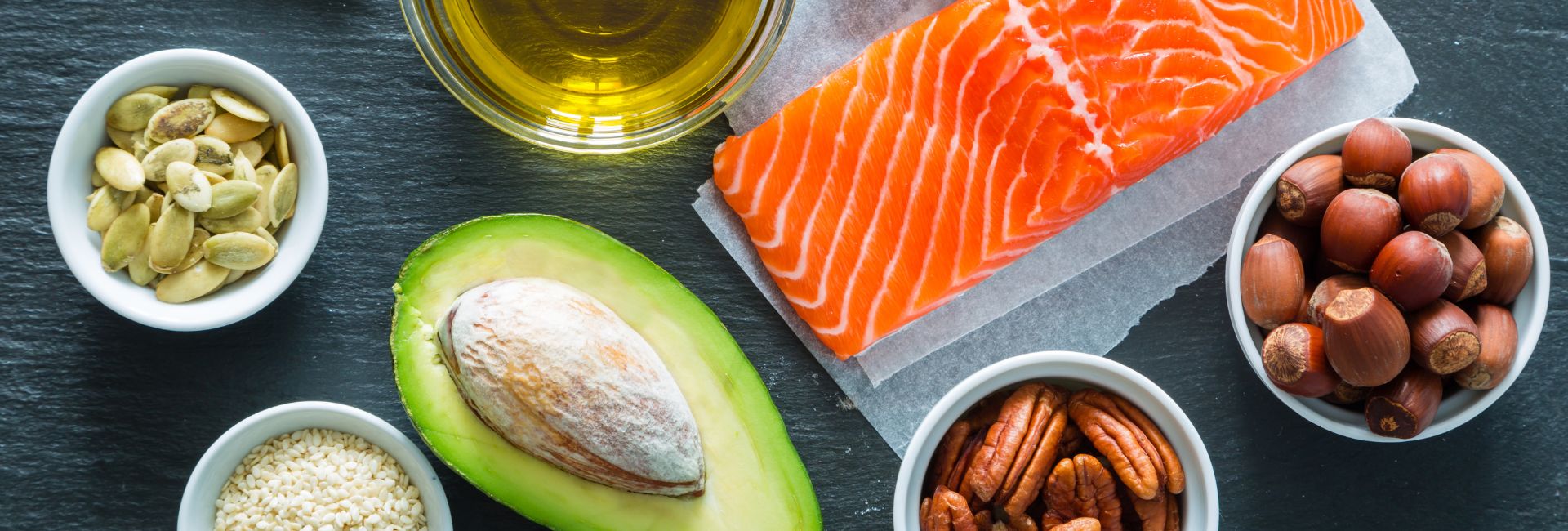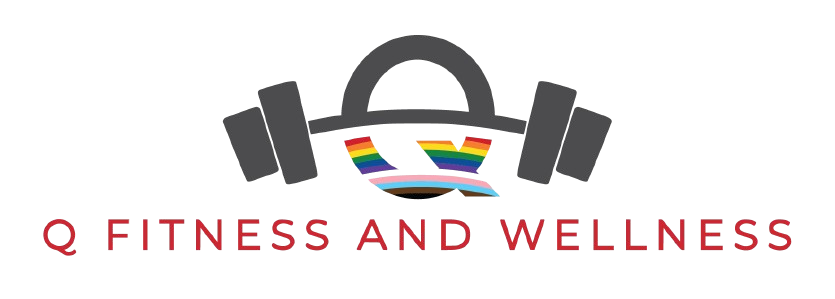
What Is Fat?
What is fat?
In simple terms, “fat” refers to one of three macronutrients in our food that our bodies can use for energy. It has some important physiologic functions. It is a rich source of energy (9 calories/gram vs 4 for carbs or protein).
Why is fat important?
- Mood – Fat forms a layer around your large nerves, insulating them and allowing for faster signaling (think about the thick coating around power lines). Fat also is a key component of neurotransmitters and hormones. This means they can impact mood and mental health.
- Inflammation – Some fats act as anti inflammatories in the body, helping to regulate the inflammatory process. These fats may help some symptoms of autoimmune diseases, arthritis, and other inflammatory responses in our bodies.
- Heart health – Omega-3 fatty acids can play an important role in heart health by lowering levels of inflammation in the body, promoting a normal blood lipid (cholesterol) profile and lowering blood pressure.
- Satisfaction – Fat helps us to feel satisfied with our food. Not only does it taste good, it has some important effects on our GI tracts. It slows the movement of food, keeping us fuller longer and helping our blood sugar to stay more stable. And fat causes our GI tract to secrete hormones called satiety hormones which shut off hunger in our brain, letting us know that we are full.
- Vitamin absorption – Fat is also necessary for the absorption of some vitamins from our food. Without it, we would become deficient in these nutrients.
So, what’s wrong with low-fat or fat-free foods?
Some foods, like fruit & vegetables, are naturally low in fat. These are great choices. Other foods, like fat-free yogurt, are made by a simple process of skimming fat off of the top of milk to remove it. This is also fine. However, we must make sure that we eat enough fat daily to get it’s benefits.
One big problem is that highly processed fat-free or low-fat foods like peanut butter and salad dressing simply replace the natural and healthy plant-based fat with sugar so that they will still taste good. These added sugars can have a negative impact on our health. Real nut butter or an olive-oil based salad dressing is probably the more nutritious choice. And fat-free or low-fat foods can tempt us to eat more.
We may have in our minds that they are also guilt free and become less aware of portions. And because of fat’s impact on satisfaction, we may simply need more to feel like we’ve had enough.

